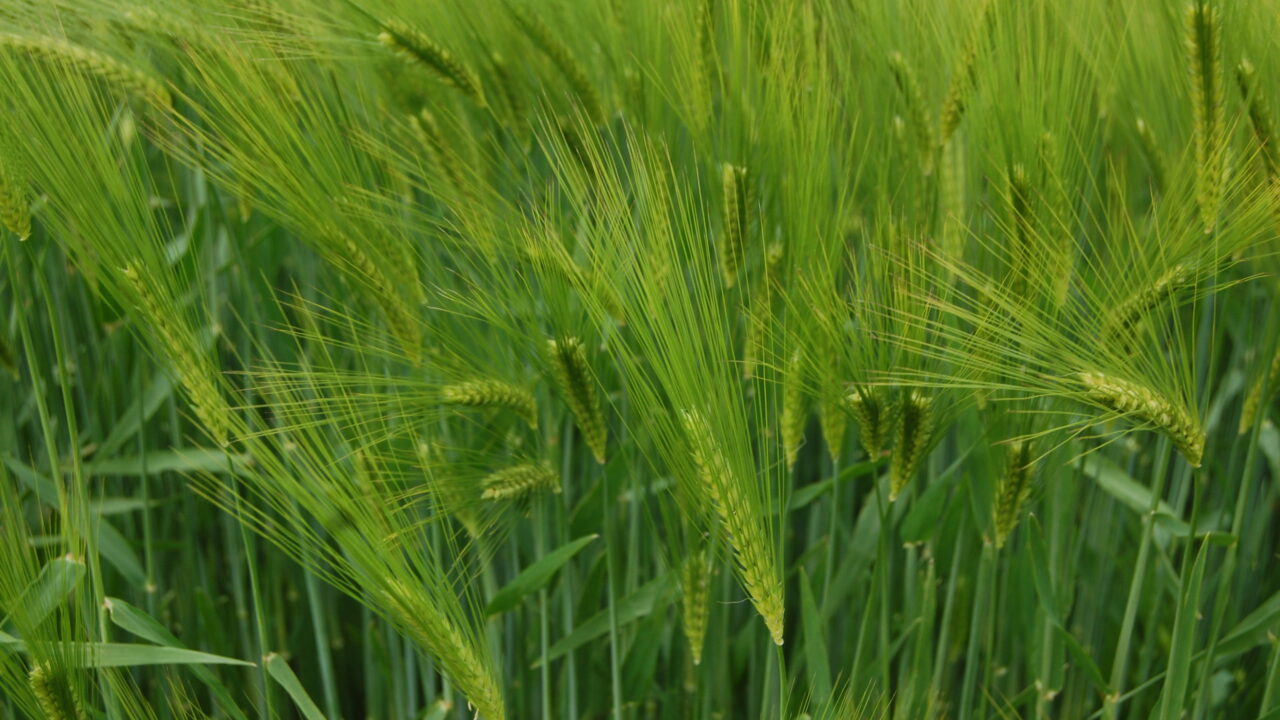What’s Boortmalt’s game? The company’s management team has spent most of this year telling the world about the need to expand the production base of malting barley in Ireland.
Yet, come harvest, they seem to be stiffing growers with prices that have the margins generated from malting barley falling well below those achieved from all other grain growing enterprises.
Figures compiled by the Irish Grain Growers Association indicate that feed grade winter oats are delivering an improved margin, relative to malting barley, of €27/ac. The equivalent figures for winter barley, winter wheat, gluten-free oats and winter oilseed rape are: +€75/ac, +€127/ac, +€212/ac and +€271/ac.
Every facet associated with the production of the crop entails a higher cost base, and enhanced management standards, than would be the case with all other cereal enterprises.
I am reliably informed that Boortmalt is currently offering an average price of €156/t for barley that meets the malting grade. This compares with €138/t available for feed barley. And the talk is that feed merchants are also covering delivery costs for commercial growers.
As I understand it, malting barley producers need a price of €40/t above feed grade when it comes to selling grain that is used for beer production, with an additional €25/t premium required for crops that are suitable for distilling.
All of these developments are taking place at a time when the brewing industry in Ireland has never been in a healthier state. The craft beer sector is enjoying exponential growth while Irish whiskey sales have never been stronger.
All of this is underpinned by the malting barley sector in this country. So, it goes without saying, that growers need viable prices to remain in business.
Like all other food and drink chains, everyone along the production and processing line deserves a living. And the same principle must hold, where malting barley is concerned. It’s hard not to conclude that the current producer pricing structures are not working. They must be reviewed. And the sooner this takes place the better.
And it behoves Boortmalt to take the lead on this issue. The company enjoys predominance within the Irish malting sector. But without access to high-quality malting barley, its business plan will grind to a halt.
I would be the first person to recognise that the Irish tillage sector has had its challenges over the past number of years. But where malting barley growers are concerned, they do have the option of sowing out winter crops over the coming weeks, rather than holding off to the spring of next year.
This presumes, of course, that malting barley producers remain of the view that they are not getting a fair crack of the whip, where prices are concerned.
